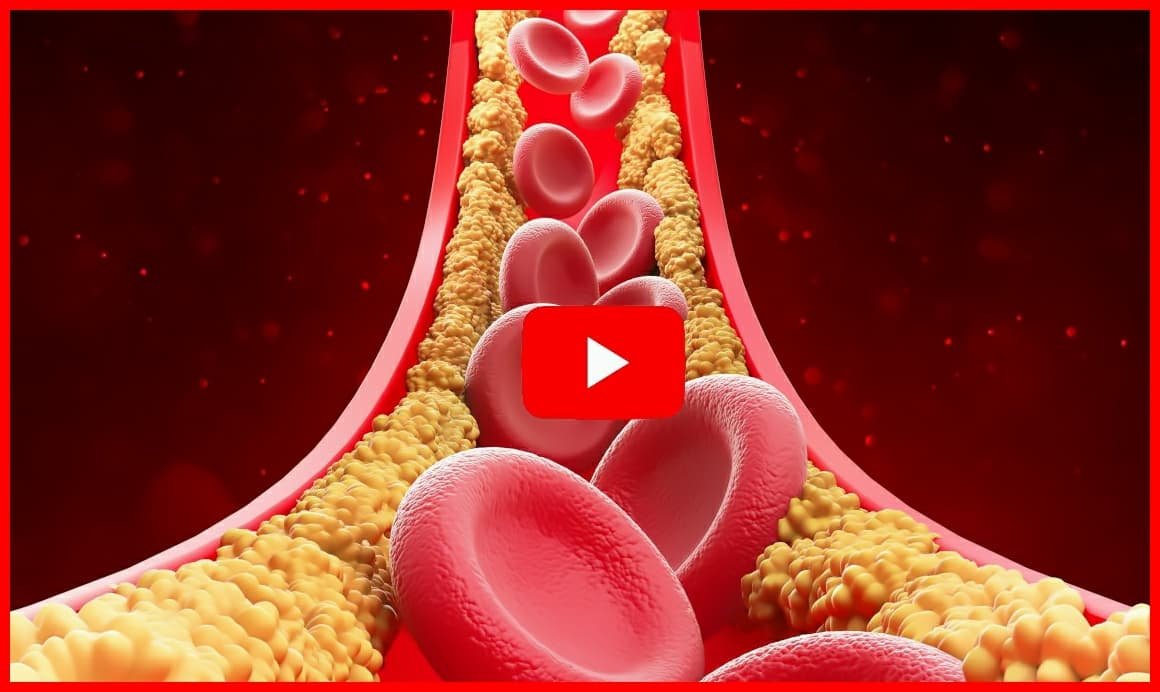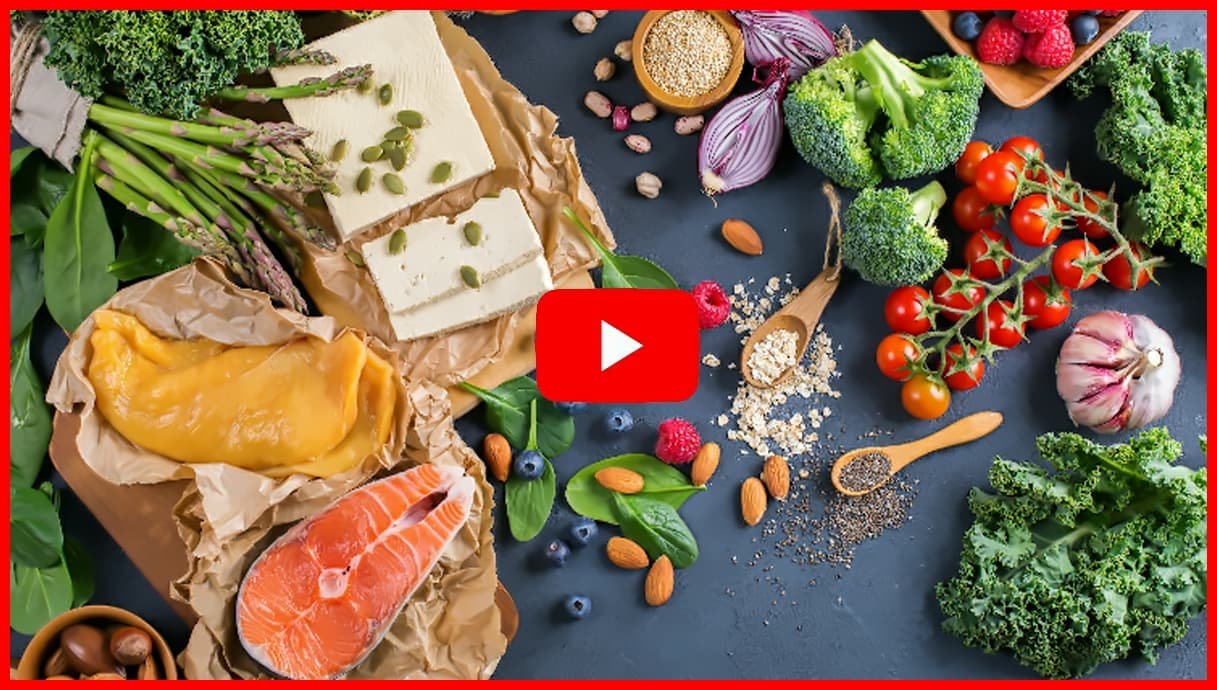What is Cholesterol: Understanding Its Role in Your Body and Heart Health
Cholesterol often gets a bad rap, but the truth is, it’s essential for your body to function properly. This waxy, fat-like substance is critical for numerous biological processes, from building cell membranes to producing vital hormones. While your body naturally produces cholesterol in the liver, you also obtain it from certain foods, particularly those of animal origin, such as meat, dairy, and eggs. Understanding cholesterol’s role helps demystify its function and highlights the importance of maintaining balanced levels for overall health.
The Vital Functions of Cholesterol
Cholesterol is indispensable for several key processes:
-
Cell membrane structure: Cholesterol helps build and maintain cell membranes, protecting cells and facilitating nutrient transport.
-
Hormone production: It serves as a precursor for hormones like estrogen, testosterone, and cortisol, which regulate reproduction, metabolism, and stress response.
-
Vitamin D synthesis: Cholesterol is crucial for producing vitamin D, supporting bone health, immunity, and overall vitality.
Understanding LDL and HDL Cholesterol
Cholesterol is carried in the blood by lipoproteins, and the two primary types are:
-
Low-Density Lipoprotein (LDL) – often called the “bad” cholesterol. High LDL levels can lead to plaque buildup in the arteries (atherosclerosis), narrowing blood vessels and increasing the risk of heart attacks and strokes.
-
High-Density Lipoprotein (HDL) – known as the “good” cholesterol. HDL removes excess cholesterol from the bloodstream, transporting it back to the liver for disposal, thereby protecting your heart and blood vessels.
Maintaining a healthy balance between LDL and HDL is key to cardiovascular wellness. Elevated LDL can create blockages in arteries, while higher HDL levels help clear cholesterol, reduce inflammation, and support heart health.
Monitoring and Managing Cholesterol
Regular cholesterol checks through blood tests are essential for assessing your heart health and detecting imbalances early. Lifestyle factors such as diet, physical activity, and weight management play a significant role in maintaining healthy cholesterol levels. When necessary, medical interventions—like lipid-lowering medications—can further support cardiovascular health.
The Takeaway
Cholesterol is a double-edged sword: it is vital for health but potentially harmful when levels are imbalanced. By understanding its functions, the difference between LDL and HDL, and the impact of lifestyle choices, you can take proactive steps to protect your heart. Knowledge empowers you to make informed decisions, laying the foundation for a healthier, longer life.
How to Lower Cholesterol: Practical Strategies for a Heart-Healthy Lifestyle
Lowering cholesterol is a holistic journey that combines dietary changes, physical activity, weight management, and, when necessary, medication. The key to success lies in adopting sustainable, everyday habits that gradually improve your lipid profile, reduce cardiovascular risk, and promote overall well-being. Even small, consistent changes can have profound long-term effects on your heart health.
1. Make Heart-Healthy Dietary Changes
Diet is one of the most impactful factors in cholesterol management. Key strategies include:
-
Reduce saturated fats: Found in red meat, full-fat dairy, and processed foods, saturated fats raise LDL cholesterol. Swap them for lean meats, skinless poultry, low-fat dairy, and plant-based proteins like tofu and tempeh.
-
Eliminate trans fats: Common in margarine, fried foods, and baked goods, trans fats are particularly harmful. Avoid these to protect your heart.
-
Boost soluble fiber intake: Soluble fiber binds to cholesterol in the digestive system, helping remove it from the body. Excellent sources include oats, barley, beans, lentils, apples, berries, pears, carrots, and Brussels sprouts.
-
Include healthy fats:
-
Monounsaturated fats: Found in olive oil, avocados, and certain nuts; they reduce LDL and support cardiovascular health.
-
Polyunsaturated fats (omega-3s): Present in fatty fish such as salmon, mackerel, sardines, and herring; they lower triglycerides and have anti-inflammatory effects that protect arteries.
-
2. Engage in Regular Physical Activity
Exercise is essential for improving cholesterol levels and overall heart health. Recommended strategies include:
-
Aim for 150 minutes of moderate-intensity aerobic activity per week, such as brisk walking, cycling, swimming, or dancing.
-
Incorporate strength training 2–3 times per week to build muscle, improve metabolism, and support weight management.
-
Exercise not only improves LDL and HDL levels but also regulates blood pressure, reduces stress, and boosts mental well-being.
3. Maintain a Healthy Weight
Excess weight, especially around the abdomen, is linked to higher LDL and lower HDL cholesterol. Effective strategies for weight management include:
-
Balanced eating with portion control
-
Regular physical activity
-
Setting achievable weight-loss goals—losing even 5–10% of body weight can significantly improve cholesterol and reduce heart disease risk
4. Consider Medical Support if Needed
Sometimes, lifestyle changes alone may not be enough. Your healthcare provider may recommend:
-
Statins or other cholesterol-lowering medications
-
Ezetimibe or similar drugs for additional LDL reduction
Medication works best in combination with lifestyle changes, not as a replacement. Regular monitoring ensures your treatment plan is effective.
5. Adopt a Holistic Approach
Lowering cholesterol is about more than diet and exercise—it’s about creating a sustainable, heart-healthy lifestyle:
-
Prioritize sleep and stress management
-
Avoid smoking and limit alcohol consumption
-
Stay consistent and patient; lasting changes take time
-
Seek support from healthcare professionals and loved ones
Every step you take toward healthier eating, increased activity, and weight management contributes to a stronger, healthier heart. By committing to these habits today, you’re investing in a longer, more vibrant life.
🏆 Lipid Control Plus is a multi-ingredient food supplement designed for people who want to take comprehensive care of their cholesterol levels, liver health and cardiovascular system. The product has been created on the basis of 8 natural ingredients.
🏆 Regular use of Lipid Control Plus helps to take care of the lipid profile. The product supports detoxification and the flow of digestive juices. Lipid Control Plus also prevents the accumulation of fats and improves their removal by the liver. Consumers will appreciate that the product supports heart health and supports proper liver function.
Cholesterol-Lowering Foods: Incorporating Heart-Healthy Choices into Your Diet
Eating foods that naturally help lower cholesterol is one of the most enjoyable and sustainable ways to support heart health. These foods not only improve cholesterol levels but are also rich in nutrients, antioxidants, and dietary fiber that benefit overall well-being. Including a variety of these foods in your daily diet can have a meaningful impact on your cholesterol profile and long-term health.
1. Oats and Legumes: Fiber-Packed Heroes
-
Oats are famous for their cholesterol-lowering power thanks to beta-glucan, a type of soluble fiber that reduces LDL cholesterol effectively.
-
Simple ways to enjoy oats: breakfast oatmeal, smoothies, or oat-based baked goods.
-
Beans, lentils, and other legumes are excellent sources of soluble fiber and can be added to salads, soups, stews, or served as side dishes.
2. Fruits and Vegetables: Nature’s Protective Shield
-
Fruits like apples, berries, citrus fruits, and pears provide soluble fiber and antioxidants, which help reduce inflammation and protect arteries.
-
Vegetables such as carrots, broccoli, Brussels sprouts, and sweet potatoes are packed with fiber, vitamins, and minerals that support cardiovascular health.
3. Nuts and Seeds: Small but Mighty
-
Almonds, walnuts, chia seeds, and flaxseeds are rich in healthy fats, fiber, and plant sterols that can lower LDL cholesterol when consumed in moderation.
-
Include them as snacks, salad toppings, or blended into meals to enhance flavor and nutrition.
4. Healthy Fats: Choosing the Right Oils and Proteins
-
Olive oil is a cornerstone of the Mediterranean diet and provides monounsaturated fats that reduce LDL cholesterol.
-
Avocados offer healthy fats and can be added to salads, sandwiches, or eaten on their own.
-
Fatty fish like salmon, mackerel, sardines, and herring are high in omega-3 fatty acids, which lower triglycerides, reduce inflammation, and improve overall heart health.
5. Limit Saturated and Trans Fats
-
Avoid or minimize fatty cuts of meat, full-fat dairy, fried foods, and commercial baked goods.
-
Focus on whole, minimally processed foods that naturally support healthy cholesterol levels.
6. Embrace Mindful Eating
Transitioning to a cholesterol-lowering diet doesn’t mean deprivation. It’s about nourishing your body with wholesome, delicious foods. Every meal is an opportunity to:
-
Support your heart health
-
Reduce LDL cholesterol
-
Improve overall well-being
Gradual, consistent changes make the transition enjoyable and sustainable, leading to lasting benefits for your heart.
In summary: By making mindful food choices and incorporating a variety of cholesterol-lowering foods, you can cultivate a diet that is both tasty and heart-friendly. Small, consistent steps today pave the way for a healthier, happier future.
🏆 Lipid Control Plus is a multi-ingredient food supplement designed for people who want to take comprehensive care of their cholesterol levels, liver health and cardiovascular system. The product has been created on the basis of 8 natural ingredients.
🏆 Regular use of Lipid Control Plus helps to take care of the lipid profile. The product supports detoxification and the flow of digestive juices. Lipid Control Plus also prevents the accumulation of fats and improves their removal by the liver. Consumers will appreciate that the product supports heart health and supports proper liver function.
YOU MAY ALSO LIKE:
The Truth About Cholesterol and Heart Disease: What You Should Know
Cholesterol Uncovered: The Truth You Need for Better Health
Cholesterol Explained: Your Path to a Heart-Healthy Lifestyle
Managing Cholesterol for a Healthier Life: Simple & Effective Steps
Cholesterol Myths and Facts: Debunking Misconceptions for Heart Health
Your Cholesterol Journey: Embrace Wellness and Heart Happiness
Cholesterol and Your Health: The Essential Guide to Heart Wellness
Cholesterol Control: Tips to Strengthen Your Heart & Live Healthier








